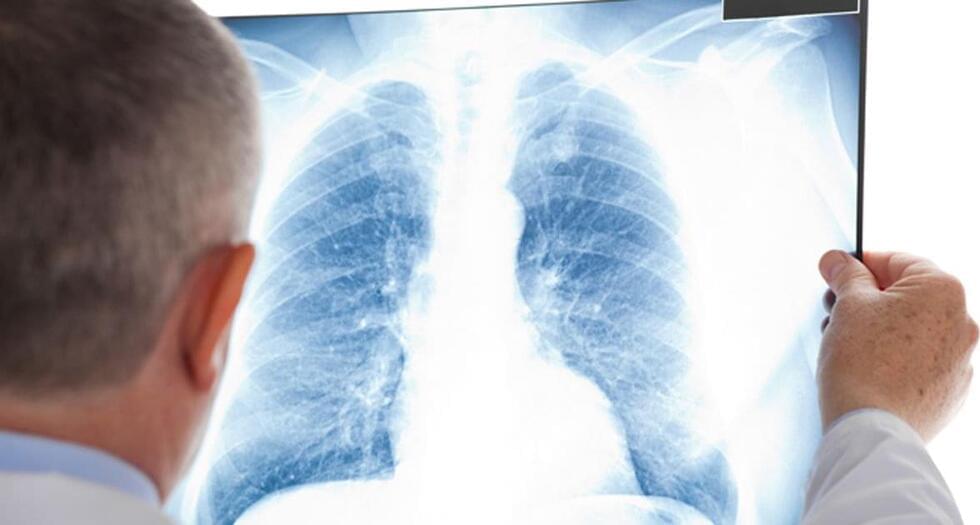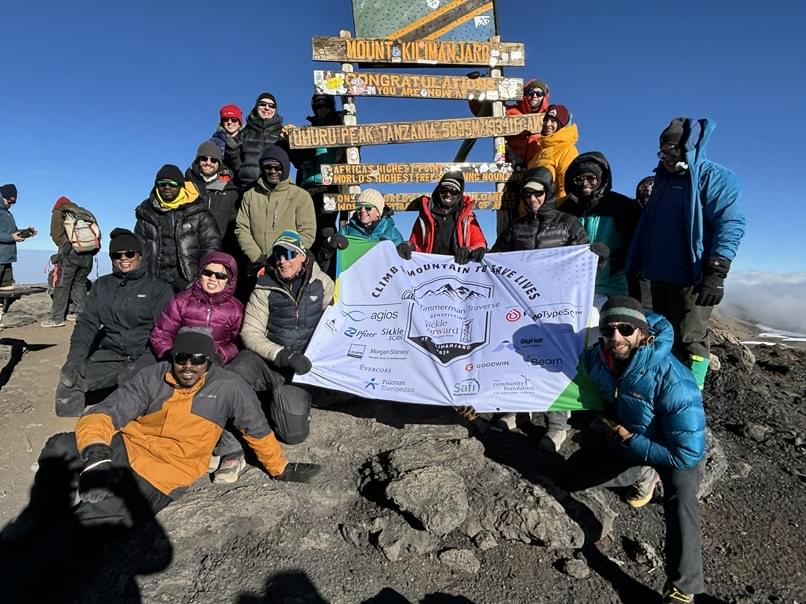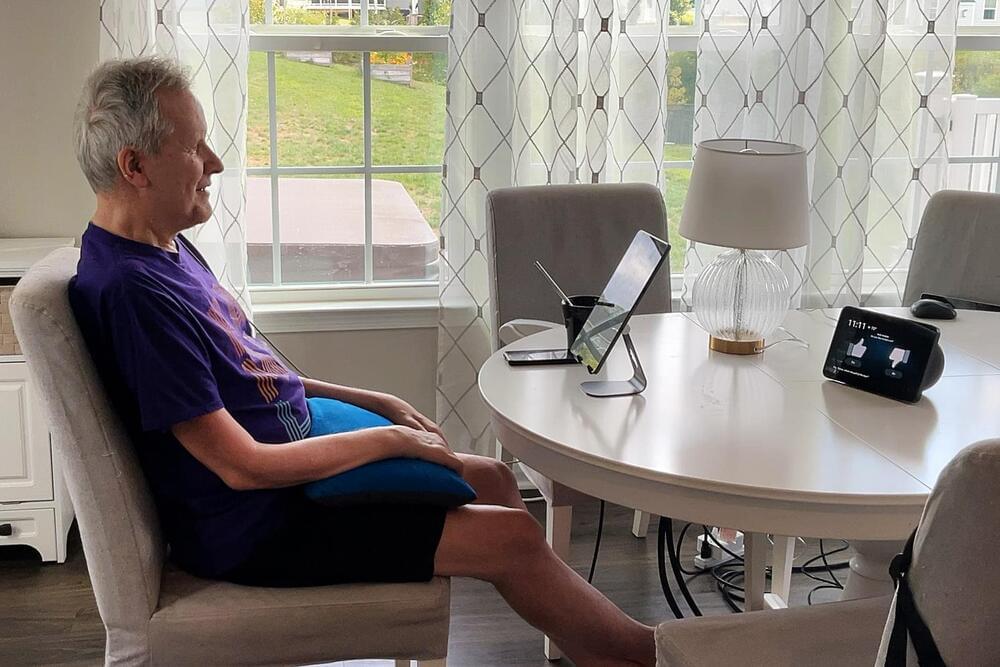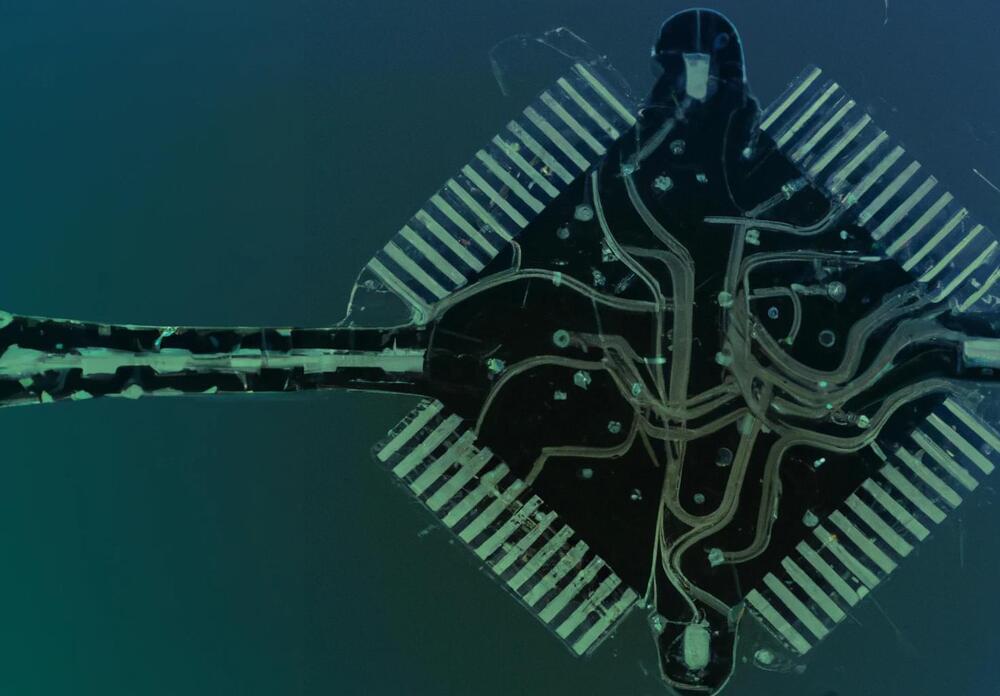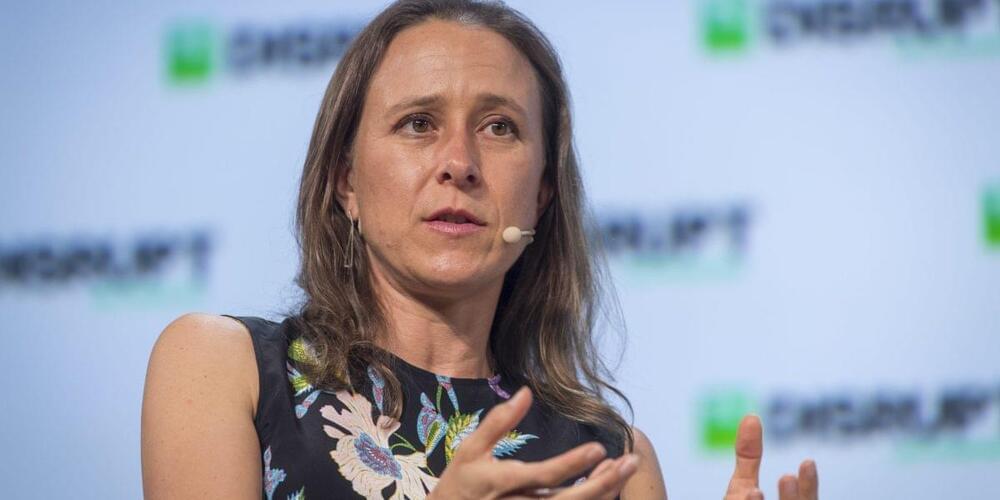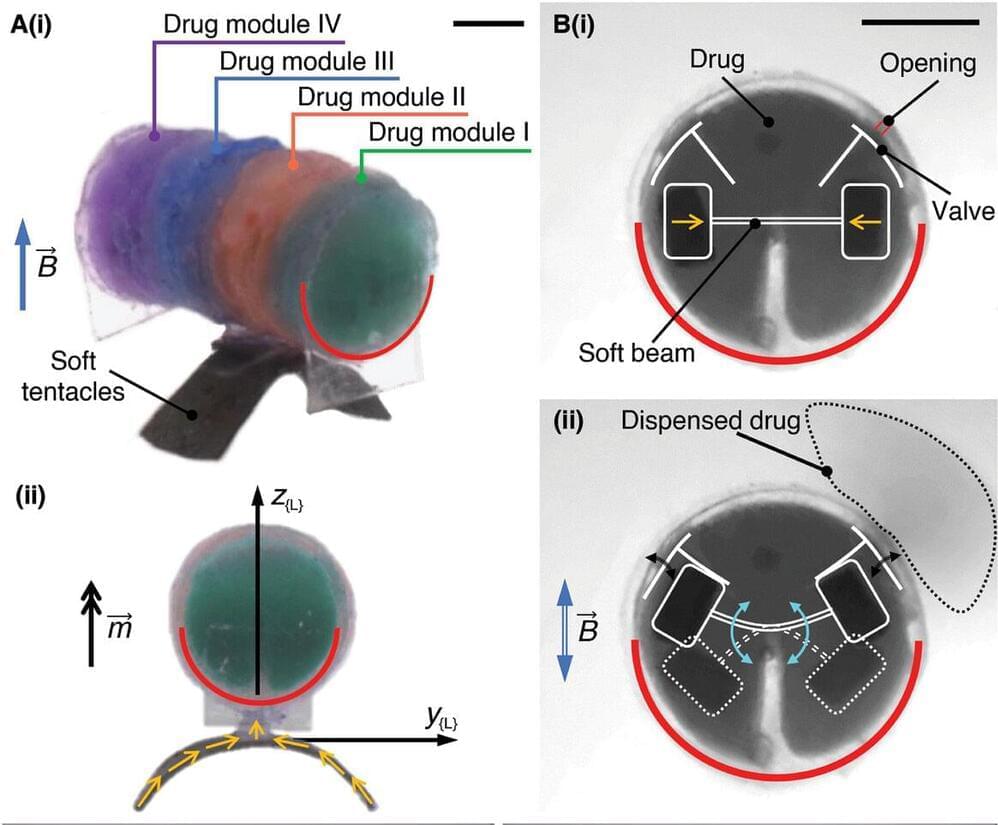Sep 20, 2024
FDA approves Rybrevant for advanced lung cancer
Posted by Paul Battista in category: biotech/medical
The FDA approved amivantamab-vmjw in combination with standard chemotherapy for the treatment of certain adults with non-small cell lung cancer, according to the agent’s manufacturer.
The indication applies to adults with locally advanced or metastatic NSCLC with EGFR exon 19 deletions or L858R substitution mutations whose disease progressed on or following treatment with an EGFR tyrosine kinase inhibitor.
Amivantamab-vmjw (Rybrevant, Janssen) is an EGFR and mesenchymal epithelial transition (MET) factor bispecific antibody that targets activating and resistant EGFR and MET mutations and amplifications.
